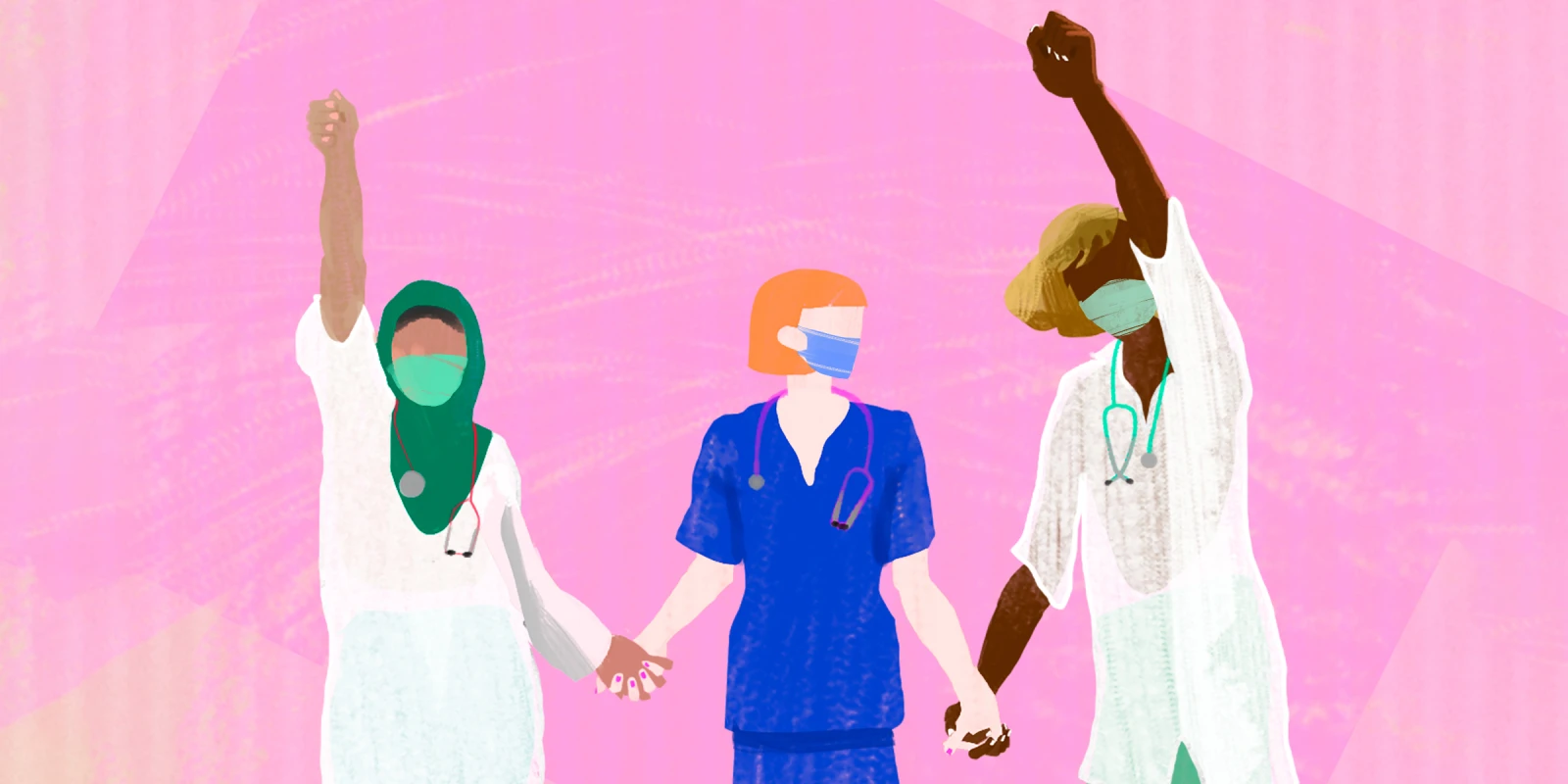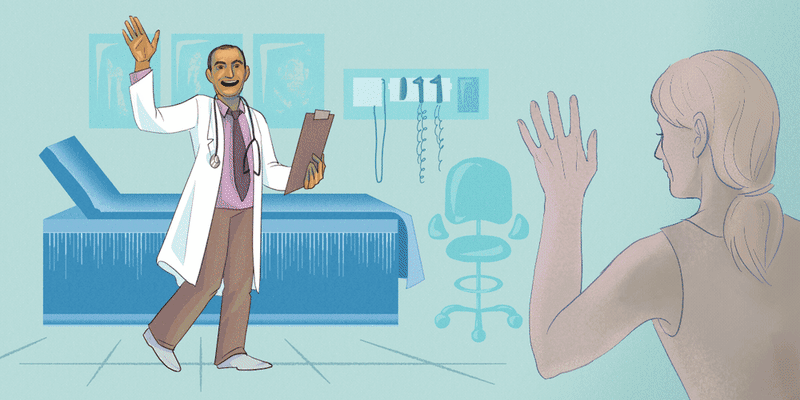The COVID-19 pandemic has placed a disproportionate burden on women clinicians. A panel of five female pulmonary and critical care clinicians in various career stages discussed the impact the pandemic has had on themselves and their peers in a session at the 2021 Chest Virtual Congress, held from Oct. 17–20, 2021. Dr. Ghada Bourjeily from Brown University in Providence, RI, pointed out how already before the pandemic, women with children performed more unpaid domestic labor than men in similar life situations. Women faculty in STEM fields face higher expectations than men. They tend to mentor more students, are often asked to assume caretaker roles in their departments that do not advance their careers, and face higher work demands from students. A hostile work environment characterized by experiences of sexual harassment and gender discrimination leads to lower job satisfaction, lower academic productivity, lower felt influence in departments, and higher job turnover rates among women in medicine and science.
Dr. Margaret Pisani from Yale University, Dr. Fidaa Shaib from Baylor College of Medicine, Dr. Debasree Banerjee from Brown University, and Dr. Pooja Pandit, who recently graduated from pulmonary critical care fellowship at Thomas Jefferson University Hospital, described how the COVID-19 pandemic has exacerbated some of these problems, and also provided women clinicians with new opportunities. Because of the virtual format, it has become much easier to attend meetings and conferences. Along with male clinicians, some women have had more speaking opportunities and media coverage due to the public’s interest in hearing from clinicians. New leadership roles have opened up related to the pandemic response that several of the women on the panel were able to leverage. On the other hand, many institutions since reverted to their usual networks of mainly male colleagues when difficult decisions had to be made, rather than seeking out the voices of women clinicians and promoting them to leadership positions. Overall, the pandemic has worsened existing leadership inequalities for women in medicine. Several panelists described how they were unable to attend important hospital or department meetings because they were scheduled during hours when they had to drop off or pick up their children, or how they were not consulted about difficult decisions related to the pandemic that the male leadership felt could only be made by men.
The panelists concluded with a call for action, directed at three groups: employers, institutions or practices; departmental leadership; and women clinicians and scientists. Employers should lobby to loosen regulations around telehealth, provide flexibility with work hours and promotional requirements for both tenure-track and non-tenure-track faculty. Institutions should revisit their recruitment and hiring practices and add suitable retention packages to limit staff turnover. Importantly, they should consider the intersectionality between different marginalized groups and find ways to accommodate them. Department leadership can promote the well-being of women by allowing work from home where circumstances allow this and by encouraging faculty to take time off. The scheduling of meetings should be reexamined so that they do not coincide with when women clinicians have to drop off or pick up their children from daycare or school. Off-work hours should be respected and kept free of work meetings. A hybrid virtual and in-person format for meetings and conferences should be kept long-term even after the pandemic has faded. Women clinicians and scientists can help each other by following the maxim “Do unto others as you would have them do unto you.” They can support and elevate other women, collaborate, cite, mentor, sponsor, and amplify each other in their careers. We all should offer flexibility and compassion to each other and consider the individual needs of our co-workers, trainees, and even our superiors.
Pulmonary and critical care clinicians have been among the health care professionals that have carried the heaviest burden during the last two years of the pandemic. They have had to work untold extra shifts to provide care for the number of critically ill COVID-19 patients in the ICU. This has led to high rates of burnout and mental health challenges. Women clinicians are at a significantly higher risk of developing adverse mental health effects related to the pandemic. Leaders in the medical profession should take the recommendations of this panel to heart and examine how they can support and advance women clinicians.
Dr. Braun has no conflicts of interest to report.
Illustration by Jennifer Bogartz







